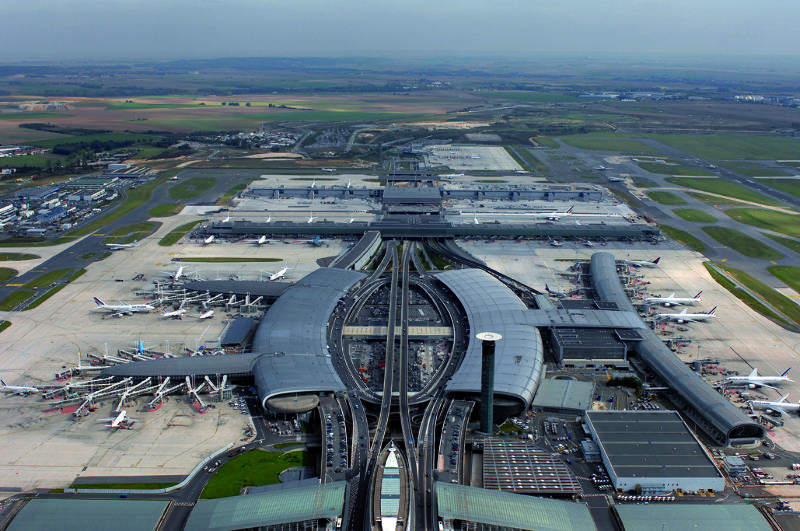Institutional and industry stakeholders gathered in Brussels on 11th November to review current and future challenges to airport investment. The event was hosted by airport industry association ACI Europe. Industry stakeholders stressed the need to improve the regulatory framework to ensure continued sustainable investment in Europe’s airports – in line with the new EU Aviation Strategy.
ACI Europe notes that prominent developing nations have integrated air connectivity into their economic development strategies - with public funding of airports an established cornerstone of this. In Europe, tighter government budgets and more restrictive EU State aid rules mean Europe’s large and medium sized airports are no longer supported by public funding. Hence, accessing private capital & enabling corporate financing – and recovering the costs from those that use their facilities - is the only way that our airports can continue to develop and support their surrounding economies.
Augustin de Romanet, President of ACI Europe and President & CEO of Groupe ADP, commented “Whether we like it or not, governments in Europe are neither interested nor able to invest in large airport infrastructure these days. They expect us to do the job ourselves or by leveraging private investment. This means that Europe’s airports have become businesses in their own right. Nearly half of the airports in the EU now have private shareholders, up from just 23% back in 2010.”
The association notes that over the past decade, the 21 largest EU and EFTA airports have invested more than €53bn back into their facilities, but cautions that continued traffic growth and ongoing modernisation will require even greater levels of airport investment in the future.
ACI forecasts that passenger traffic at Europe’s airports will increase from 1.93 billion in 2015 to 4.78 billion by 2040. Modernisation & regulatory costs are also set to drive investment – the new security standard for hold baggage which EU & EFTA airports will have to comply with by 2022 will alone incur compliance costs in excess of €10 billion.
De Romanet called on the Commission to review its agenda to mobilise private investment in infrastructure: “The regulation of airport charges must evolve from being systematically focused on reducing airline costs – to instead ensuring that passengers benefit from sufficient levels of timely & efficient airport investment. This also means coming to terms with the reality and implications of airport competition – and ensuring policy alignment. We can no longer accept a situation where airport competition drives tight State aid rules, but where it is all but ignored when regulating airport charges”.

